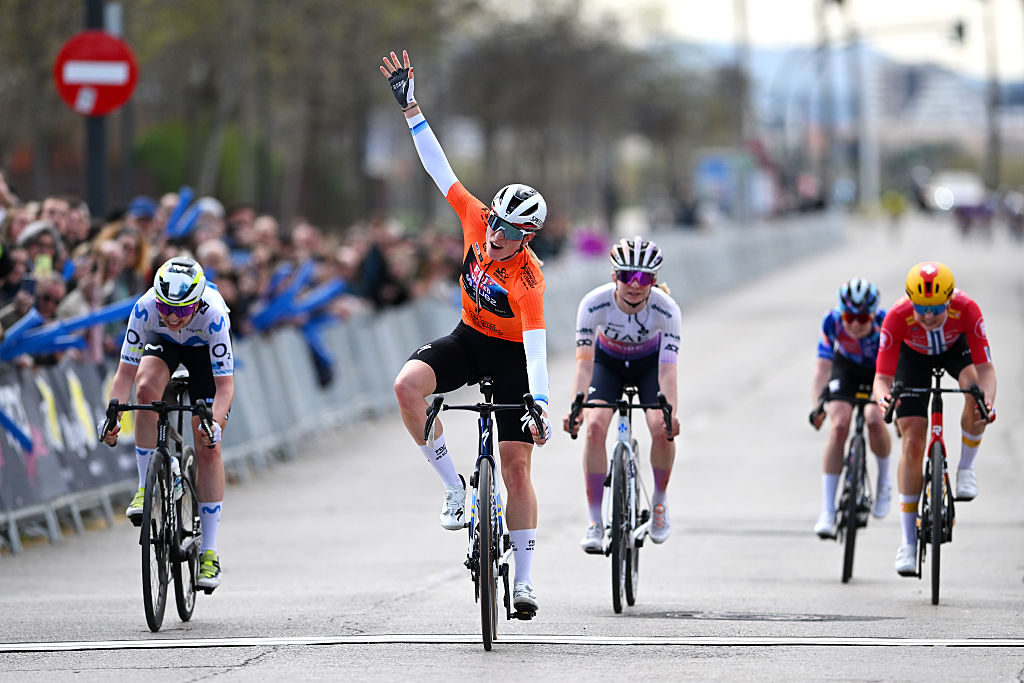Where are they now: six months after USADA's Reasoned Decision
Armstrong plus the 10 former teammates who provided testimony
The latest race content, interviews, features, reviews and expert buying guides, direct to your inbox!
You are now subscribed
Your newsletter sign-up was successful
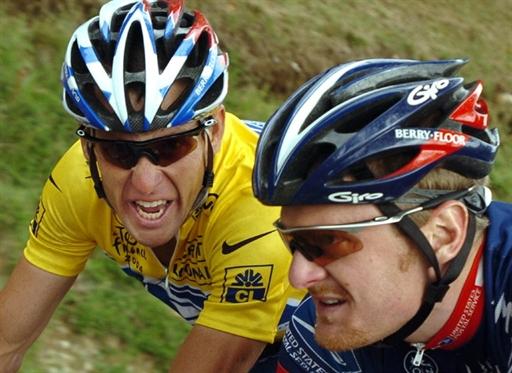
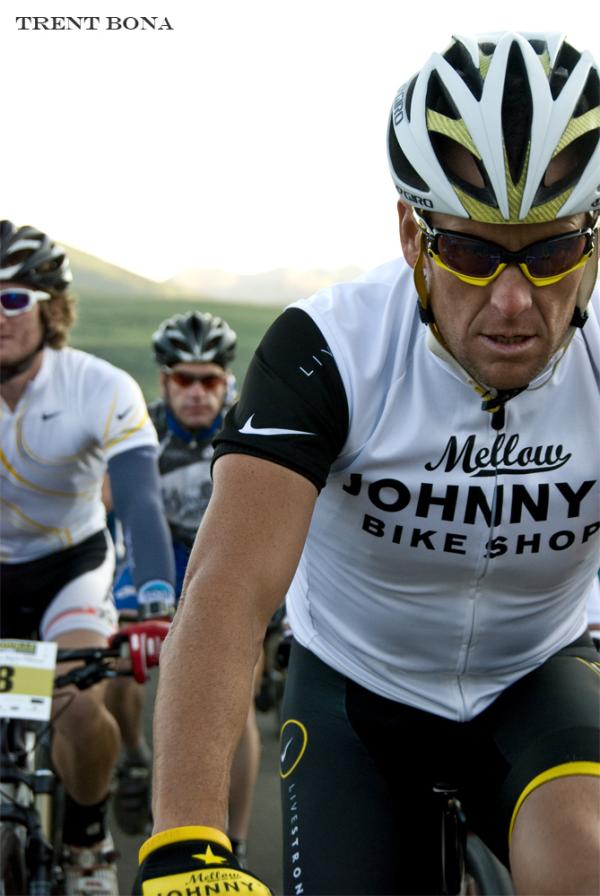
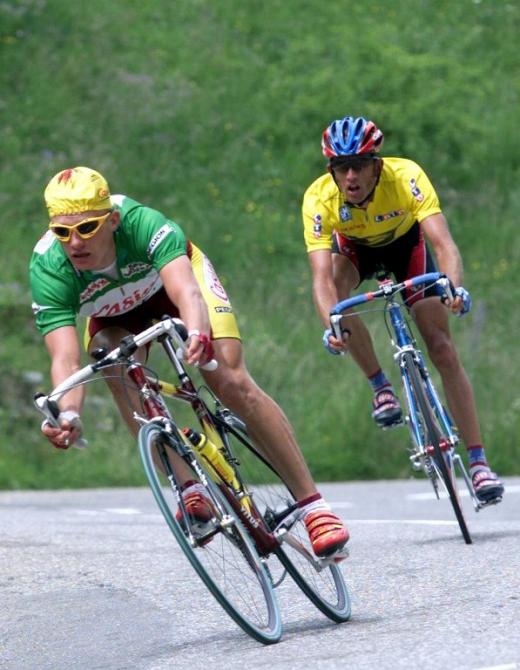
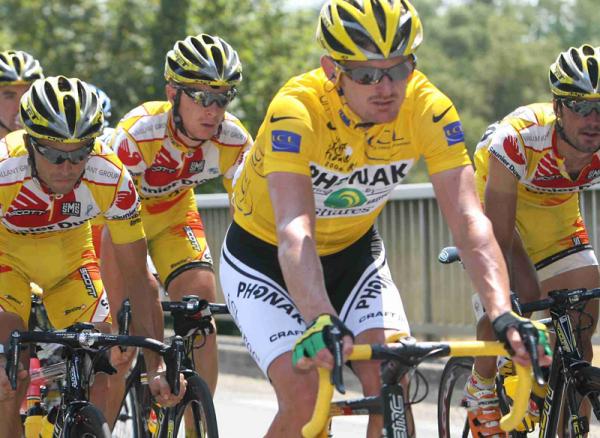
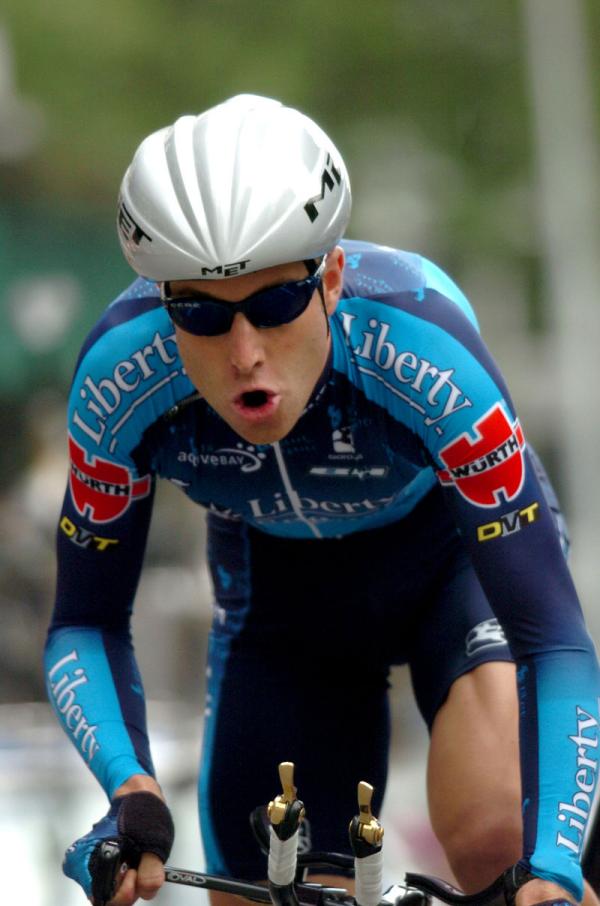
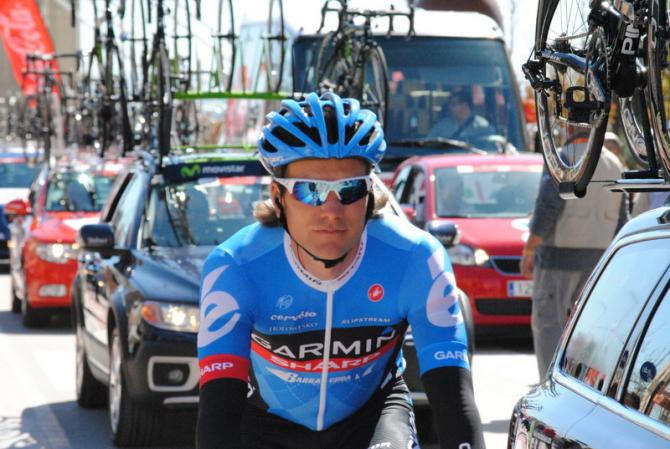
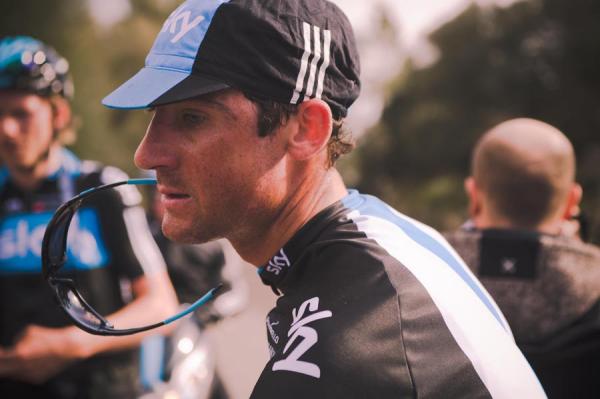
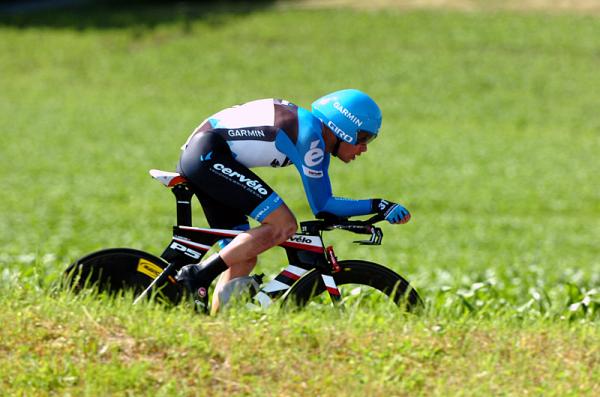
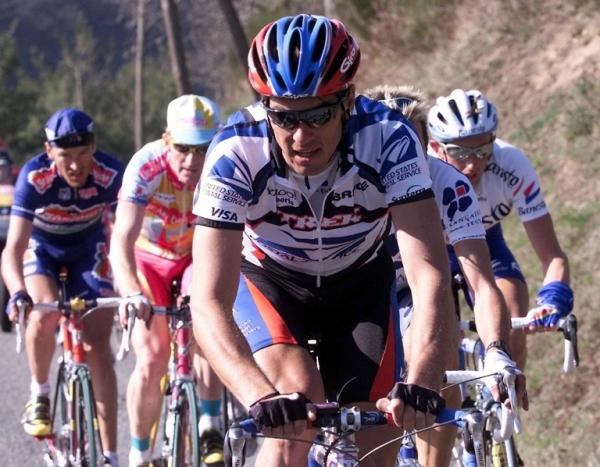
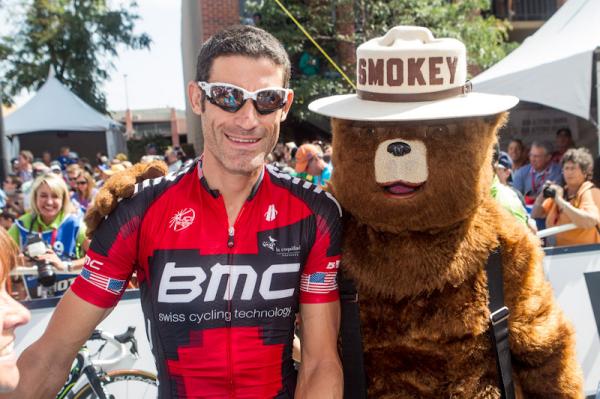
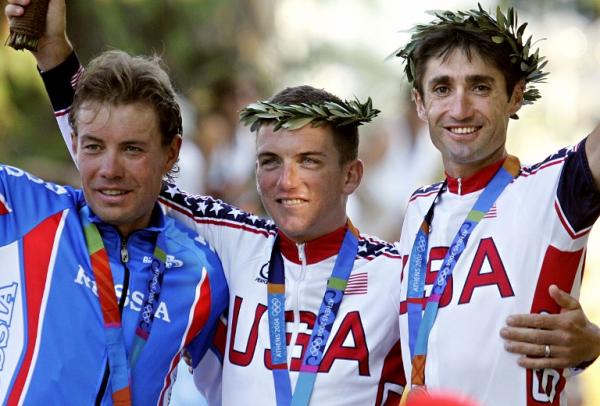
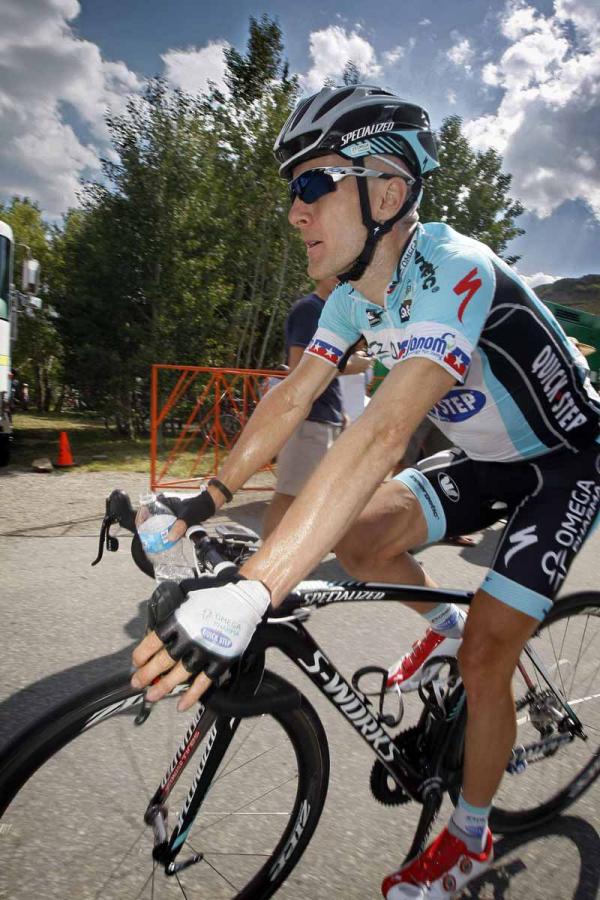
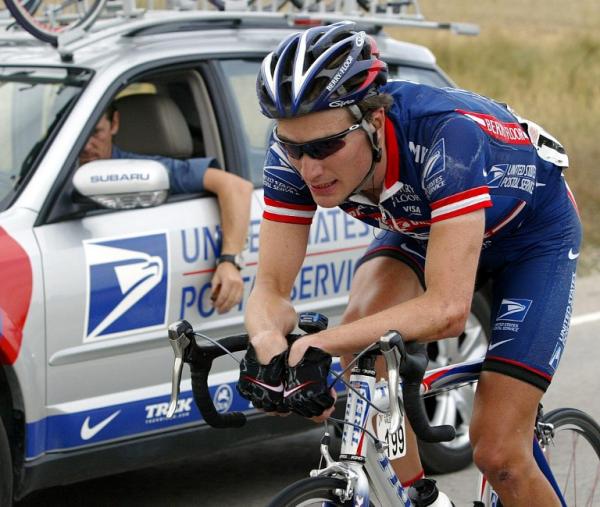
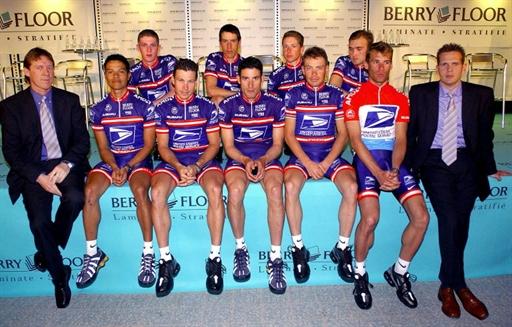
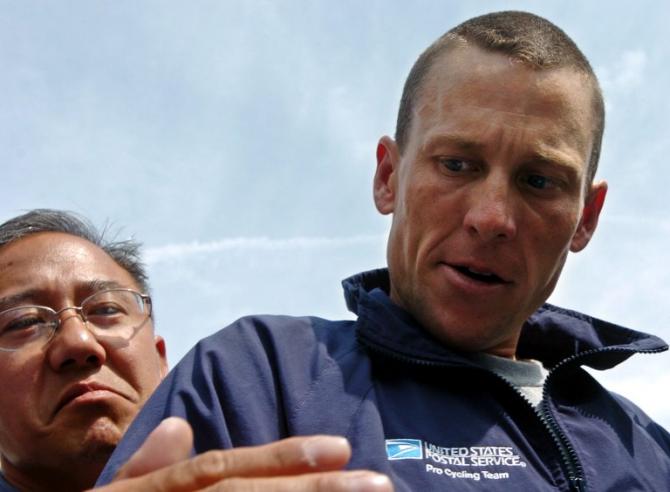
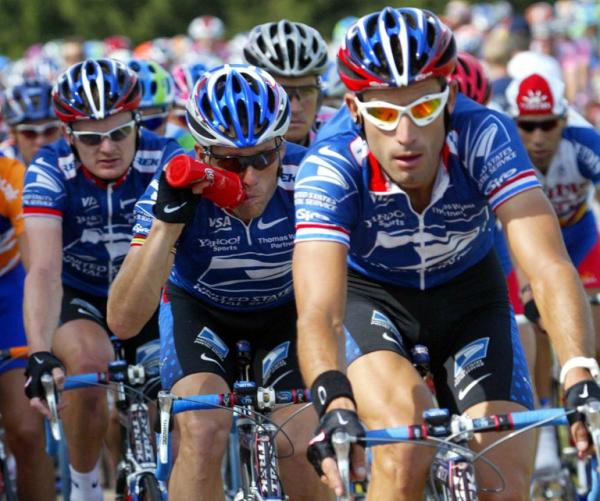

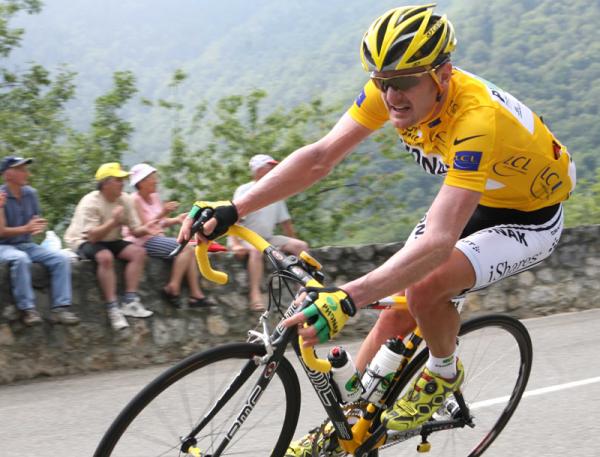
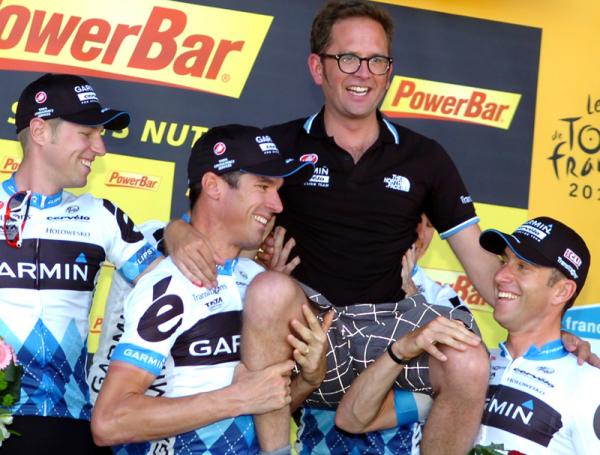
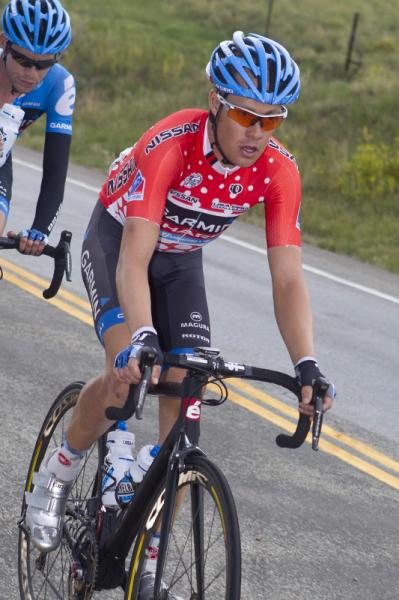
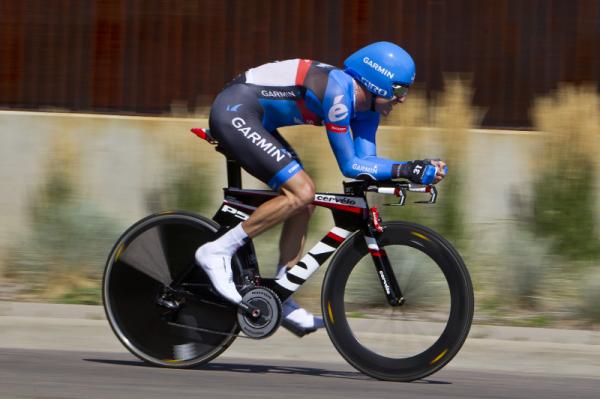
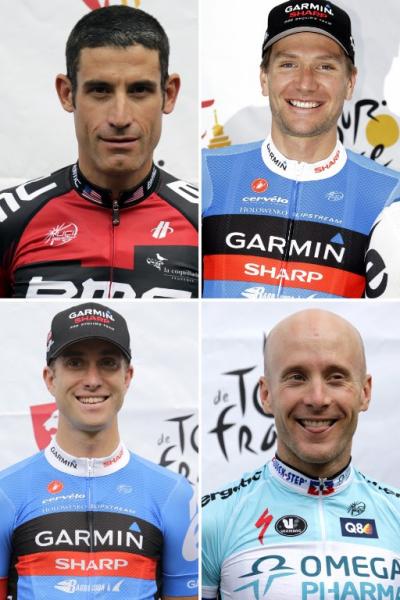
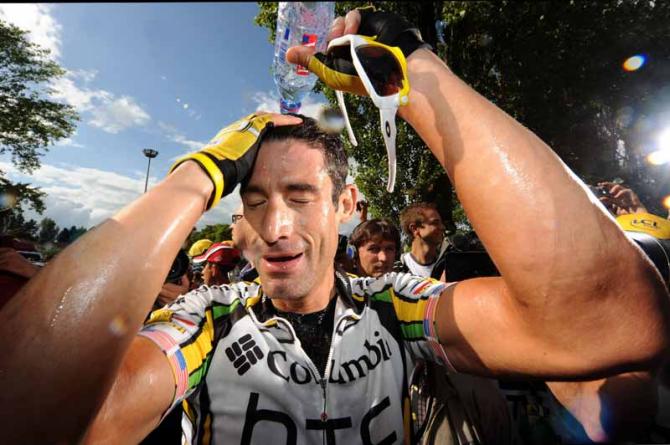
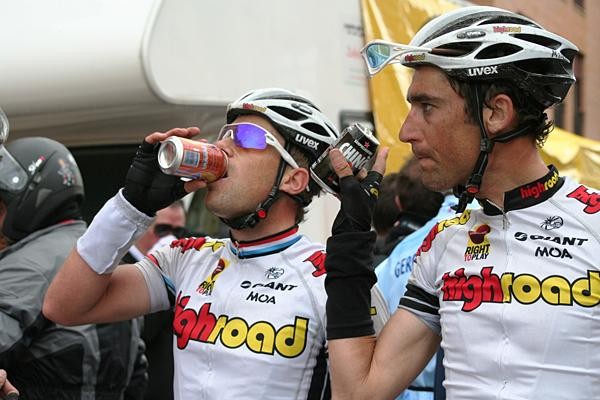
April 10, 2013 marked the six-month anniversary of the US Anti-Doping Agency (USADA) publishing its 1000-page Reasoned Decision where the doping programme carried out by Lance Armstrong and his US Postal Service team was detailed.
Cyclingnews has compiled information about what has since happened to Lance Armstrong, the center of the case, plus 10 of his former teammates who provided testimony to USADA.
Lance Armstrong, 41
With the release of USADA's Reasoned Decision on October 10, 2013, the anti-doping agency detailed the doping practices of Armstrong and his US Postal Service and Discovery Channel teams in explicit detail in its 1000-page dossier.
Armstrong would be stripped of his seven Tour de France titles and banned for life from competing in any sport run under the WADA umbrella.
Armstrong did not speak publicly about the Reasoned Decision until a televised interview with Oprah Winfrey in January where he for the first time admitted to doping during each of his seven Tour victories.
Where are they now: Armstrong has been dropped from all of his endorsement deals and currently faces multiple lawsuits related to his doping admission, including several involving repaying millions of dollars in bonuses plus a federal whistleblower suit filed by former teammate Floyd Landis. Most recently, it's been reported that Armstrong sold his estate in Austin, Texas.
The latest race content, interviews, features, reviews and expert buying guides, direct to your inbox!
Frankie Andreu, 46
Quote from USADA report: "I used EPO in 1998 in preparation for the Tour de France. I used a thermos to carry my EPO and keep it cool when I traveled. Lance had a thermos, and I knew from what he had said in the hospital room that he used EPO."
The issue which most prominently thrust Frankie Andreu, as well as his wife Betsy, into the limelight was their testimony in which they stated that Armstrong confessed to doping in an Indianapolis hospital room in 1996 while undergoing treatment for cancer. While Armstrong ultimately confessed to doping throughout his career in a televised interview with Oprah Winfrey in January of this year, Armstrong refused to provide confirmation about the hospital room incident, thus denying the Andreus closure on this issue.
Andreu turned professional in 1989 with 7-Eleven. He was a teammate of Lance Armstrong on Motorola (1992-1996), Cofidis (1997, although Armstrong didn't compete that year, due to his recovery from cancer) and the US Postal Service team (1998-2000). He rode alongside Armstrong for the Texan's first two Tour de France victories, 1999-2000. Andreu retired from professional cycling after the 2000 season and has worked as a professional cycling team director and television commentator, although his post-pro cycling career has been hampered by his disputes with Armstrong.
"Over the past few years I have had a number of occasions where professional cycling teams that I managed were not invited to compete in competitions that by performance they should have been invited to compete in," said Andreu in his USADA testimony. "I have been told that my public disputes with Lance Armstrong have made it more difficult in the cycling industry to work with me because they fear reprisal from Lance and his associates."
Where are they now: Andreu currently is the director of the US Continental team 5 Hour Energy p/b Kenda.
Michael Barry, 37
Quote from USADA report: "Dr. del Moral and Johan [Bruyneel] also told us (Barry and teammate David Zabriskie) not to tell anyone that we were using EPO and provided us with the basic essentials on how not to get caught. At this time Dr. del Moral injected me and David with EPO. Johan and Dr. del Moral left us with some vials of EPO and syringes."
Barry turned professional in 1998 with Saturn. He was a teammate of Lance Armstrong on the US Postal Service team (2000-2004) and then on the Discovery Channel Pro Cycling Team (2005). Barry continued with the Discovery Channel team in 2006 and then rode for T-Mobile (2007), Team Columbia (2008-2009) and concluded his professional career at Team Sky (2010-2012).
Where are they now: Barry confessed to doping, including EPO, hGH and testosterone, from 2003 to 2006 and received a six-month ban from USADA, effective September 10, 2012, that proved to be a moot issue as he'd previously announced he'd retire after the 2012 season.
Tom Danielson, 35
Quote from USADA report: "Before the [2005] Vuelta I asked Dr. Ferrari if the team would have EPO at the Vuelta. He told me the team would provide small doses of EPO to keep our blood levels up during the race. During the 2005 Vuelta I would go to Pepe's hotel room for EPO injections which were given intravenously. I understand that the entire team was receiving injections during the 2005 Vuelta."
Danielson turned professional in 2002 with the Mercury Cycling Team. He was a teammate of Lance Armstrong in 2005 on the Discovery Channel Pro Cycling Team and continued on the squad through 2007. In 2008 Danielson signed with Garmin-Chipotle and has remained a part of the Garmin squad through to the present.
Where are they now: Danielson confessed to doping, including EPO, hGH, testosterone, cortisone and blood transfusions, from 2005 to 2006 and received a six-month ban from USADA, effective September 1, 2012. Following his suspension, Danielson returned to racing in March, 2013, for Garmin-Sharp and has competed in the Volta a Catalunya and the Vuelta al Ciclista Pais Vasco thus far this year.
Tyler Hamilton, 42
Quote from USADA report: "During the 1999 Tour de France Lance, Kevin and I used EPO every third of fourth day, until the third week of the Tour. Dr. del Moral or Pepe would bring the EPO to us in our camper or hotel room. The EPO would already be loaded in a syringe. We would inject quickly and then put the syringes in a bag or Coke can and Dr. del Moral would get the syringe out of the camper as quickly as possible."
Hamilton turned professional in 1995 with the Montgomery-Bell cycling team. He was a teammate of Lance Armstrong on the US Postal Service team from 1998 through 2001 and rode alongside Armstrong during his first three Tour de France victories (1999-2001). Hamilton then moved to Team CSC (2002-2003) and Phonak (2004). Hamilton failed a doping test first at the 2004 Olympic Games and then at the 2004 Vuelta a Espana. From his Vuelta positive he was banned for two years. In 2006, in the midst of serving his ban, Hamilton was implicated in the Operacion Puerto doping case. Hamilton returned to racing in 2007 with Tinkoff Credit Systems and moved to the US team Rock Racing in 2008 and won the US pro championship that year. In 2009 he tested positive for DHEA, received an eight year ban and subsequently retired.
In July, 2010 Hamilton testified before a federal grand jury regarding Jeff Novitzky's investigation of Lance Armstrong and the US Postal Service team and in May, 2011 Hamilton appeared on 60 Minutes, where he first publicly admitted to doping and implicated Armstrong.
Where are they now: In September, 2012 Hamilton published a memoir titled "The Secret Race: Inside the Hidden World of the Tour de France: Doping, Cover-ups, and Winning at All Costs" in which he related the details of doping during his professional career.
George Hincapie, 39
Quote from USADA report: "From my conversations with Lance Armstrong and experiences with Lance and the team I am aware that Lance used blood transfusions from 2001 through 2005. Dr. Ferrari's training plans included notations for when I was to take EPO, blood transfusions and testosterone. He also placed a dot on some days and a circle on other days to indicate the amount of EPO to be taken."
Hincapie turned professional in the latter portion of the 1993 season with Motorola. He was a teammate of Lance Armstrong at Motorola through 1996 and then again at the US Postal Service team (1998-2004) and Discovery Channel team (2005). Hincapie continued with Discovery Channel through 2007, moved to Team Columbia (2008-2009) and then concluded his career with the BMC Racing Team (2010-2012).
Hincapie was the only teammate of Armstrong to ride alongside him for all seven of the Texan's Tour de France victories.
Where are they now: Hincapie confessed to doping, including EPO, hGH, testosterone and blood transfusions, from 1996 through 2006 and received a six-month ban from USADA, effective September 1 2012. As was the case with Michael Barry, Hincapie had already indicated that he would retire from cycling at the conclusion of the 2012 season, rendering the ban a moot issue. Hincapie remains active in cycling via his clothing company and the US Continental Hincapie Sportswear Development Cycling Team.
Floyd Landis, 37
Quote from USADA report: "[During the 2002 Tour de France] The USPS team doctor, Luis Garcia del Moral asked me to come to his room where I met Armstrong. Armstrong and I then laid on opposite sides of the be and received re-infusions of a half-liter of blood each while Bruyneel sat in a chair watching and commented on how well we were going to race the following day in the time trial."
Landis turned professional in 1999 for the Mercury Cycling Team and became a teammate of Lance Armstrong at US Postal Service for his three-year stint with the team (2002-2004). Landis played a key role as a super-domestique for Armstrong in each of the Texan's Tour victories in 2002 through 2004.
Landis then rode for Phonak Hearing Systems in 2005-2006 where he won the Tour de France in his latter year on the squad. Landis, however, tested positive at the Tour and was stripped of his title and served a two-year suspension. He returned to racing in 2009 for the US domestic OUCH squad and rode his final year as a professional in 2010 for the Bahati Foundation team.
It would be Landis who got the ball rolling regarding doping by Lance Armstrong and the US Postal Service team, ultimately resulting in Armstrong being stripped of his seven Tour titles and a lifetime ban from Olympic sport. Landis communicated with USADA's Travis Tygart in April, 2010, and then sent an email to Steve Johnson at USA Cycling detailing the doping practices on the US Postal Service team.
When the email was made public Landis faced lawsuits from former and current UCI presidents Hein Verbruggen and Pat McQuaid regarding his allegations of the UCI's involvement in covering up Armstrong's doping practices.
Where are they now: Landis provided testimony to USADA for its Reasoned Decision and has filed a federal whistleblower lawsuit in which he accuses Armstrong, Johan Bruyneel and the Tailwind Sports management company behind the US Postal Service team of defrauding the US government by operating a systematic doping program.
Levi Leipheimer 39
Quote from USADA report: "Shortly after my [2010] grand jury testimony I attended a dinner with Lance and sat next to him. Lance was very cold towards me, and I figured that he had learned of my grand jury testimony. During the course of that dinner, although he did not speak to me, Lance sent a text to my wife Odessa that said, 'Run don't walk'."
Leipheimer turned professional in 1997 for the Comptel-Colorado Cyclist team and was a teammate of Lance Armstrong first at the US Postal Service team (2000-2001) followed by Astana (2009) and Team RadioShack (2010-2011). Leipheimer was not a part of Armstrong's Tour de France victories while on the US Postal Service team, but he did compete in the Tour alongside Armstrong while on Astana (2009) and RadioShack (2010).
In the interim year Leipheimer rode for Rabobank (2002-2004), Gerolsteiner (2005-2006), Discovery Channel (2007) and Astana (2008). Leipheimer last competed as a professional during the 2012 season for Omega Pharma-QuickStep.
Where are they now: Leipheimer confessed to doping, including EPO, testosterone and blood transfusions, from 1999 through 2007 and received a six-month ban from USADA, effective September 1, 2012. When Leipheimer's doping admission became public as part of USADA's Reasoned Decision last October, his contract with the Omega Pharma-QuickStep team was terminated. While Leipheimer's suspension ended March 1, 2013, the Santa Rosa resident is thus far without a team, although he's indicated that he'd like to return to the professional peloton.
Christian Vande Velde, 36
Quote from USADA report: "Armstrong told me that if I wanted to continue to ride for the Postal Service team I would have to use what Dr. Ferrari had been telling me to use and would have to follow Dr. Ferrari's program to the letter. The conversation left me no question that I was in the doghouse and that the only way forward with Armstrong's team was to get fully on Dr. Ferrari's doping program."
Vande Velde turned professional in 1998 for the US Postal Service team and was a teammate of Lance Armstrong there through the 2003 season. Vande Velde rode three Grand Tours alongside Armstrong - the 1998 Vuelta a Espana, where Armstrong finished 4th overall and then the Tour de France (1999, 2001), two of Armstrong's seven Tour victories. Vande Velde had to abandon the 2001 Tour due to a crash, but finished those other two Grand Tours.
In 2004 Vande Velde moved to Liberty Seguros followed by Team CSC (2005-2007). Vande Velde signed with Garmin-Chipotle in 2008 and has remained a part of the Garmin squad through to the present.
Where are they now: Vande Velde confessed to doping, including EPO, hGH, cortisone and testosterone, from 1999 through 2006 and received a six-month ban from USADA, effective September 1, 2012. Following his suspension, Vande Velde returned to racing in March, 2013, for Garmin-Sharp at the Volta a Catalunya where he fractured his hand and abandoned during the third stage. He has since competed at the five-day Circuit Cycliste Sarthe this month.
Jonathan Vaughters, 39
Quote from the USADA report: "After brushing his teeth, and with me still in the room, Lance gave himself a subcutaneous injection in the stomach with a very short insulin syringe of the sort used for EPO injections. After giving himself the injection Lance said something to the effect of, 'Now that you are doing EPO, too, you can't go write a book about it'. From that point [at the 1998 Vuelta a Espana] on, while I was on the US Postal Service team, Lance was open with me about his use of EPO."
Vaughters turned professional in 1994 with the Porcelena Santa Clara team and was a teammate of Lance Armstrong for two years on the US Postal Service team (1998-1999). Vaughters rode two Grand Tours alongside Armstrong while at the US Postal Service team: the 1998 Vuelta a Espana, in which Armstrong finished 4th overall, plus the 1999 Tour de France, the first of Armstrong's Tour victories. Vaughters, however, had to abandon the Tour on stage 2 following a crash.
Vaughters then rode for Crédit Agricole (2000-2002) and concluded his professional career with Prime Alliance (2003).
Vaughters confessed to doping with EPO in his USADA testimony and admitted he'd used it while on Porcelena Santa Clara, the US Postal Service team and Crédit Agricole.
Where are they now: Following his career as a professional Vaughters became a team manager, first with TIAA-CREF (2005-2006) and then from 2007 to the present with the Slipstream organisation, which in 2013 is the UCI WorldTour team Garmin-Sharp. Three of Armstrong's former teammates who also provided testimony to USADA and are current professionals are members of Garmin-Sharp: Tom Danielson, Christian Vande Velde and David Zabriskie.
David Zabriskie, 34
Quote from the USADA report: "For that week I received EPO injections at Michael Barry's apartment per Johan's [Bruyneel] instruction. Johan said that it was safer to use Michael's apartments for injections because Michael is not a U.S. rider and therefore was not generally tested out of competition while overseas. On the other hand, USADA testers sometimes showed up to test U.S. athletes in Europe."
Zabriskie turned professional in 1999 for Nutrafig. He was a teammate of Lance Armstrong at the US Postal Service team for four years (2001-2004) but never competed at the Tour de France alongside Armstrong during his stint with the team. Zabriskie moved to Team CSC (2005-2007) and then signed with Garmin-Chipotle in 2008. He has remained a part of the Garmin squad through to the present.
Where are they now: Zabriskie confessed to doping, including EPO and hGH, from 2003 to 2006 and received a six-month ban from USADA, effective September 1 2012. Following his suspension, Zabriskie returned to racing in March, 2013, for Garmin-Sharp and has competed in the Volta a Catalunya thus far this year.
Based in the southeastern United States, Peter produces race coverage for all disciplines, edits news and writes features. The New Jersey native has 30 years of road racing and cyclo-cross experience, starting in the early 1980s as a Junior in the days of toe clips and leather hairnets. Over the years he's had the good fortune to race throughout the United States and has competed in national championships for both road and 'cross in the Junior and Masters categories. The passion for cycling started young, as before he switched to the road Peter's mission in life was catching big air on his BMX bike.
